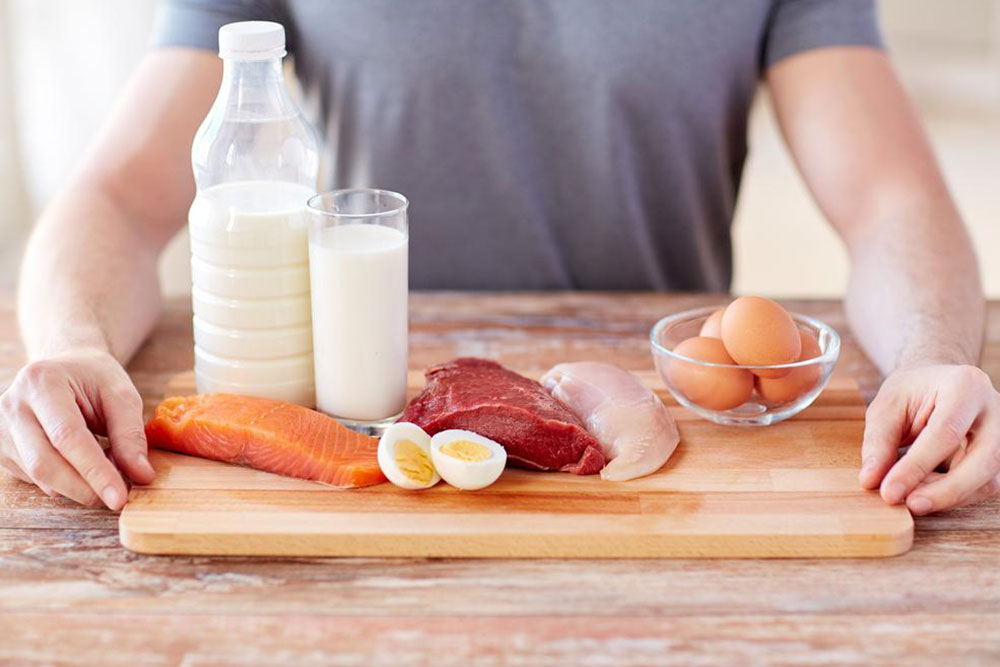Ultimate Guide to Enhancing Athletic Performance with Proper Nutrition
Maximize athletic performance through a detailed understanding of nutrition. Learn how to balance carbohydrates, proteins, and vitamins to boost stamina, facilitate muscle recovery, and maintain overall health. This comprehensive guide helps athletes optimize their diet for peak results, faster recovery, and sustained energy levels for long-term success.

Ultimate Guide to Enhancing Athletic Performance with Proper Nutrition
Achieving exceptional athletic performance is a multifaceted endeavor that extends beyond rigorous training routines and advanced equipment. A vital component often overlooked is nutrition — the cornerstone of sustaining energy, boosting stamina, and fostering long-term health. Proper nutritional strategies are essential for athletes who aim to reach their peak potential and maintain high-level performance over time. Understanding how to balance various nutrients such as carbohydrates, proteins, vitamins, and minerals is critical for optimizing training outcomes, facilitating recovery, and preventing injuries.
Are you looking for effective ways to elevate your athletic capabilities and stand out among competitors? This comprehensive guide provides essential insights into nutrition tailored for athletes who aspire to excel. With the right dietary choices, athletes can maximize their performance, recover faster, and maintain vitality throughout their training cycles.
Carbohydrates: Often misunderstood as mere energy sources that cause sluggishness, carbohydrates are actually fundamental for fueling muscles during intense activity. Consuming high-quality, complex carbs such as whole grains, brown rice, oats, and legumes in appropriate amounts helps replenish glycogen stores, which are critical for endurance and stamina. Proper carbohydrate intake also plays a vital role in supporting bone density and overall muscle health, enabling athletes to train harder and recover effectively.
Proteins: Proteins serve as building blocks for muscle repair and recovery. They are crucial for maintaining strength and endurance, especially after strenuous workouts. Sources of dietary protein include dairy products, eggs, lean meats, fish, and plant-based options like beans, lentils, and tofu. An adequate protein intake not only aids in muscle synthesis but also provides sustained energy. However, moderation is key; excessive reliance on supplements such as whey protein can lead to imbalances and potential health issues. Incorporating a diverse range of protein-rich foods is recommended for optimal results.
Fruits and Vegetables: Brightly colored vegetables like bell peppers, carrots, spinach, and eggplants are packed with vital vitamins, minerals, and antioxidants. These nutrients help combat oxidative stress and support immune function, which are critical for athletes during intense training periods. Daily consumption of fruits such as berries, bananas, and oranges contributes to detoxification, hydration, and overall health. Consistent intake of fruits and vegetables enhances recovery processes and prevents deficiencies that could impair performance.
In addition to macronutrients, micronutrients like iron, calcium, and magnesium are essential for maintaining optimal performance. Hydration, too, plays a pivotal role—drinking adequate water before, during, and after physical activity helps prevent dehydration and supports metabolic functions. To achieve a balanced diet that meets athletic goals, athletes should consider personalized nutrition plans, possibly with guidance from sports dietitians. Proper nutrition not only elevates physical capabilities but also safeguards long-term health, ensuring that athletes can perform consistently and without the risk of nutritional deficiencies.





